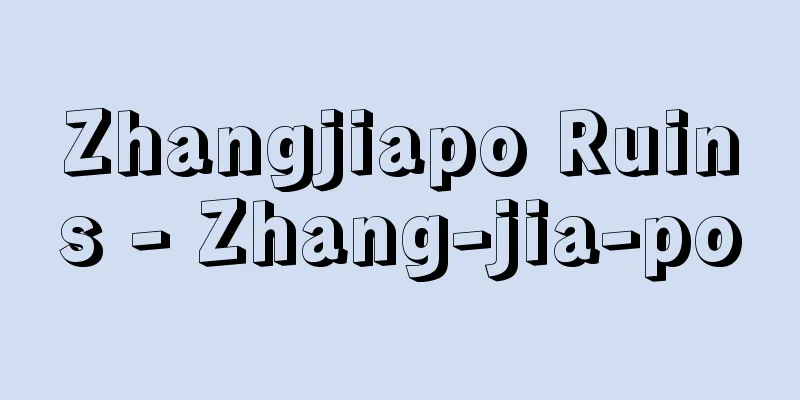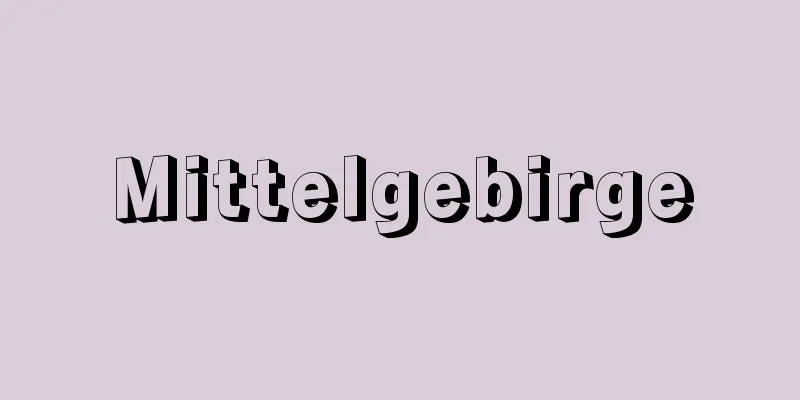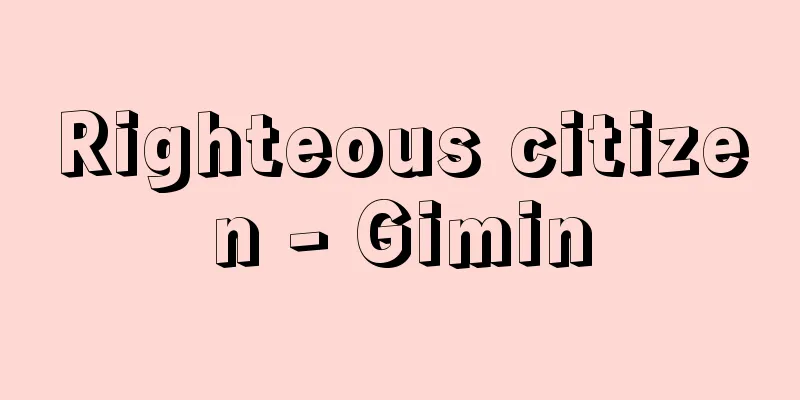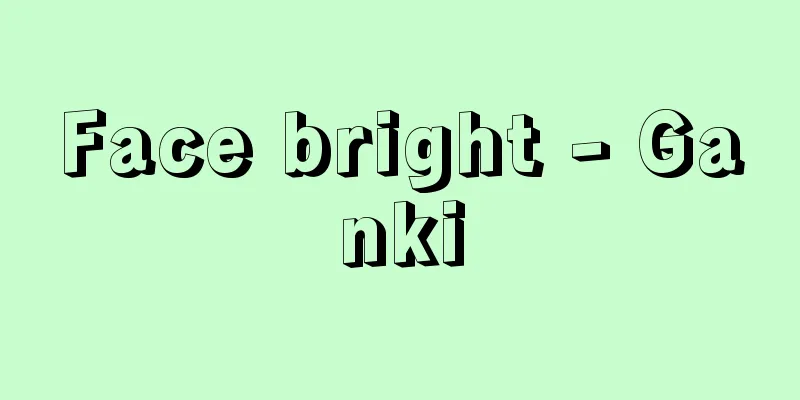Hanging ornament (hair ornament) - Kakemono
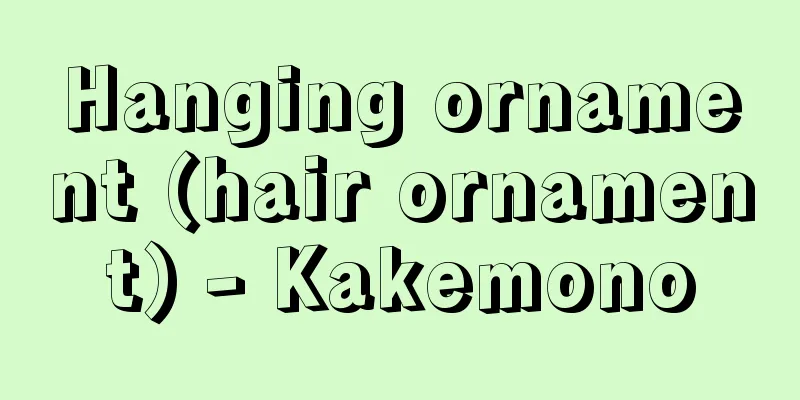
|
…In the early modern period, when women began to wear their hair in topknots rather than hanging it down, hair accessories developed dramatically and came in a wide variety. In the Edo period, in addition to combs, hairpins, and hair ornaments, kakemono (hand-attached ornaments), takenaga (long-legged ornaments), and negake (root-attached ornaments), were used. Kakemono, along with motoyui (hair ties), were hair accessories used in the so-called Nihongami hairstyle. … *Some of the terminology that refers to "kakemono (hair ornaments)" is listed below. Source | Heibonsha World Encyclopedia 2nd Edition | Information |
|
…近世,女子が下げ髪から髷を結うようになると,髪飾は飛躍的に発達し,多種多様なものがでてきた。江戸時代には,櫛,簪,笄のほか,掛物といわれる手絡(てがら),丈長(たけなが),根掛(ねがけ)などが用いられた。掛物は元結と共に,いわゆる日本髪に使われる髪飾である。… ※「掛物(髪飾)」について言及している用語解説の一部を掲載しています。 出典|株式会社平凡社世界大百科事典 第2版について | 情報 |
<<: Hanging scroll (Candy) - Hanging scroll
>>: Yin-ma-jaya (Inner-house teahouse)
Recommend
Elbe [river] - Elbe
A large river in central Europe. It originates in ...
Artesian Well - Artesian Well
…They are not classified by depth, but the former...
Kanze Sakondayu's Quiet Life - Kanze Sakondayu's Quiet Life
...It is said that the reason was a reaction agai...
Mobile Post Office - Ido Yubin Kyoku
1. A post office that travels to disaster areas, t...
Blériot, Louis
Born: July 1, 1872 in Cambrai [Died] August 2, 193...
Ejima Ikushima products - Ejima Ikushima products
A type of Kabuki-Kyogen. Based on the love story b...
Minkoff - Minkoff (English spelling) Svetoslav Minkov
1902‐66 Bulgarian author. A satirist who depicted ...
Kikuma [town] - Kikuma
An old town in Ochi County, located in the northwe...
Opening Day
A Korean national holiday. October 3rd. National F...
Virchow's node
…In advanced cases of gastric cancer and other ma...
Reinforced Plastics - Kyoka Plastics
A plastic product molded with glass fiber, or occa...
Frog beetle - Frog beetle
…The dog beetle, Linguatula taenioides , parasiti...
Leach, Bernard (Howell)
Born: January 5, 1887 in Hong Kong [Died] May 7, 1...
Schott, O. (English spelling) SchottO
…In 1873, he developed a theory of imaging based ...
aksak
...The melodies of the songs are based on the nar...

